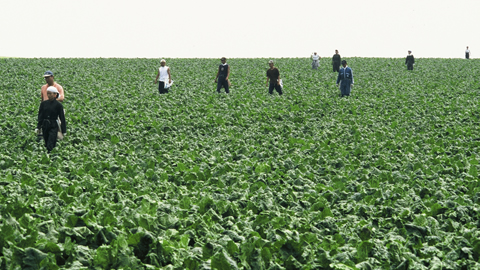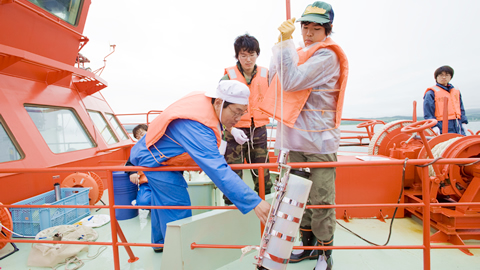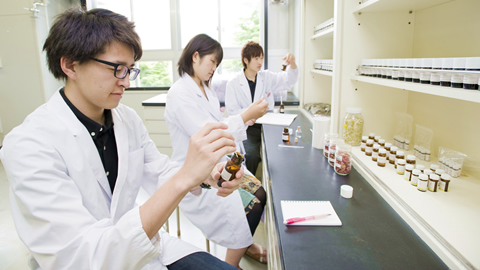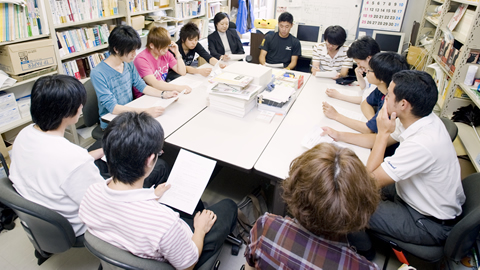Faculty of Bioindustry
The Faculty of Bioindustry is a pioneer of the science of bioindustry that widely covered nature, life, human and society in association with biological resources and industries. In 2006, the new department “aqua bioscience and industry” was established in this faculty. This new department, alongside the existing three departments “Department of Bioproduction”, “Department of Food Science and Technology” and “Department of Business Science”, seeks to progress Okhotsk Science that can be practiced only on this northern land. Impressive experience and pursuit of learning were expanded more widely.
On the ground of Okhotsk, one of the most famous crops farming area that surrounded rich nature in Japan, the Department of Bioproduction investigates science of the biological production, the natural environment and life. The Department of Food Science and Technology studies science of the development of new function for biological resource, the food processing and safety. The Department of Business Science produces the global meister of business management based on the various practical learning specific to Okhotsk. In addition to these three departments, the department aqua bioscience and industry investigates science of world fisheries and aquatic environment using Okhotsk waters, one of the world four major fisheries, as the field for practical learning. Our faculty is now operating in a four-department system. We put into practice “the spirit of practical science” aimed at an academic philosophy “brought up a lot of talents” in the vast field of Okhotsk.
Our educational system is an integration of natural science and social sciences. We help students learn comprehensive knowledge and skills of food, resources and environmental concerns, and we foster personnel that can contribute toward the development of the biological and regional industries, and regional or international societies. Students will have many experiences that are found only in this region through practical education for a wealth of nature, backed up by the “educational powers of agriculture and nature”. All practices were professional standard using adjunct facilities such as “Abashiri Cold Region Farm”, “Food Processing Center” and “Okhotsk Marine Research Center” that collaborated with the top class of agriculture, forestry and fisheries industry, the food processing and distribution industry in Japan. Students will be able to acquire advanced techniques such as the production and processing technologies, the nature conservation approach and the business management that are immediately available in the community.
General Education
Office of foreign language studies
KIMIJIMA Toshiharu, Associate Professor
Chertushkina Evgeniia
Laboratory of Health Science




